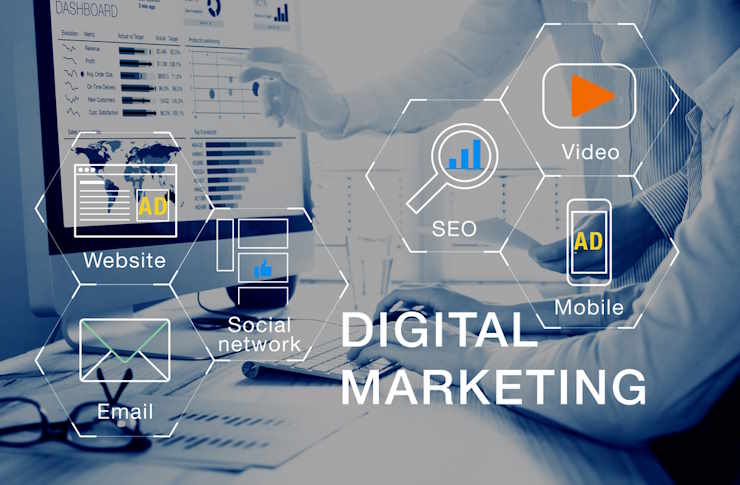A Practical Guide to Remote Internships and Skill Development
Remote internships and structured skill development can expand access to real-world experience, mentorship, and credentials without relocating. This guide outlines practical steps for finding remote placements, building a meaningful portfolio, using microcredentials or certificates, and aligning projects with career goals.

Remote internships and related learning opportunities are increasingly common ways to gain practical experience and demonstrate work-ready skills. A well-structured remote placement blends clear expectations, project-based work, purposeful mentorship, and assessment moments that produce tangible outcomes for a portfolio. Whether you aim to upskill in a technical area or reskill into a new field, a strategic approach to remote experience increases the likelihood that projects and feedback translate into credible career progress.
Remote internships: what to expect
Remote internships typically involve asynchronous and synchronous work, defined deliverables, and regular check-ins. Expect a mix of project tasks, collaborative meetings, and documented guidance. Communication channels may include email, chat apps, and video calls. Clear onboarding materials and a project brief are signs of a structured remote placement. Performance assessment often looks at deliverable quality, timeliness, and collaboration rather than physical presence. Prepare to demonstrate initiative, strong written communication, and the ability to manage time across different time zones or schedules.
Internships, apprenticeships, and mentorship roles
Apprenticeships emphasize on-the-job training with defined competency milestones, while internships are often shorter and project-focused. Mentorship can be a component of both, offering ongoing guidance, career advice, and technical feedback. When evaluating opportunities, ask about the mentor’s availability, typical feedback cadence, and how mentorship connects to concrete learning outcomes. A mentorship plan that includes regular reviews and goal-setting improves skill transfer and helps translate informal learning into measurable progress for future employers or educational programs.
Building a portfolio with projects and assessment
A portfolio should showcase completed projects, describe your role, and include measurable outcomes or artifacts like links, screenshots, or reports. For remote work, record communications and milestones to explain your contributions. Include project context, technologies used, collaboration patterns, and assessment feedback where possible. Where placements offer formal assessments or graded milestones, include summaries of those results. Well-documented projects help hiring managers and educators verify experience and understand your practical skills beyond a resume.
Microcredentials, certificates, and ways to validate skills
Microcredentials and certificates can validate discrete skills learned during or alongside remote internships. Look for programs that include practical assessments or project-based evaluations rather than only multiple-choice tests. Certificates that require evidence of applied work carry more weight for portfolios. Keep a record of assessment criteria and outcomes to reference in interviews or applications. Remember that credentials complement demonstrated project experience; both together create a clearer picture of capability for prospective employers.
Upskilling, reskilling, and career alignment
Plan upskilling or reskilling around specific roles or functions you want to move into. Map required skills, typical projects, and common tools in that role, then seek remote placements and microcredentials that address those gaps. Use a learning roadmap to sequence foundational knowledge, hands-on projects, and mentorship. Regular assessment—self-assessments, mentor reviews, or course evaluations—helps track progress and signals when to pursue more advanced tasks. Aligning projects to career-relevant outcomes improves the long-term value of each remote experience.
Collaboration, feedback, and continuous assessment
Successful remote placements depend on collaborative habits: clear documentation, proactive communication, and structured feedback loops. Establish regular check-ins and request specific, actionable feedback tied to assessment metrics when possible. Use collaboration tools to record decisions and contributions so assessment is evidence-based. Incorporate peer reviews and reflective summaries into your routine. Continuous assessment that integrates mentor feedback and project outcomes supports iterative improvement and provides material for updating your portfolio and CV.
Conclusion Remote internships and related pathways like apprenticeships, mentorships, and microcredentials offer flexible routes to acquire and validate skills. Focus on structured placements with clear deliverables, documented assessments, and tangible project outputs for your portfolio. Combine targeted upskilling or reskilling with ongoing feedback to make remote experience meaningful for career development, ensuring each project and credential contributes to a coherent, evidence-based professional narrative.






